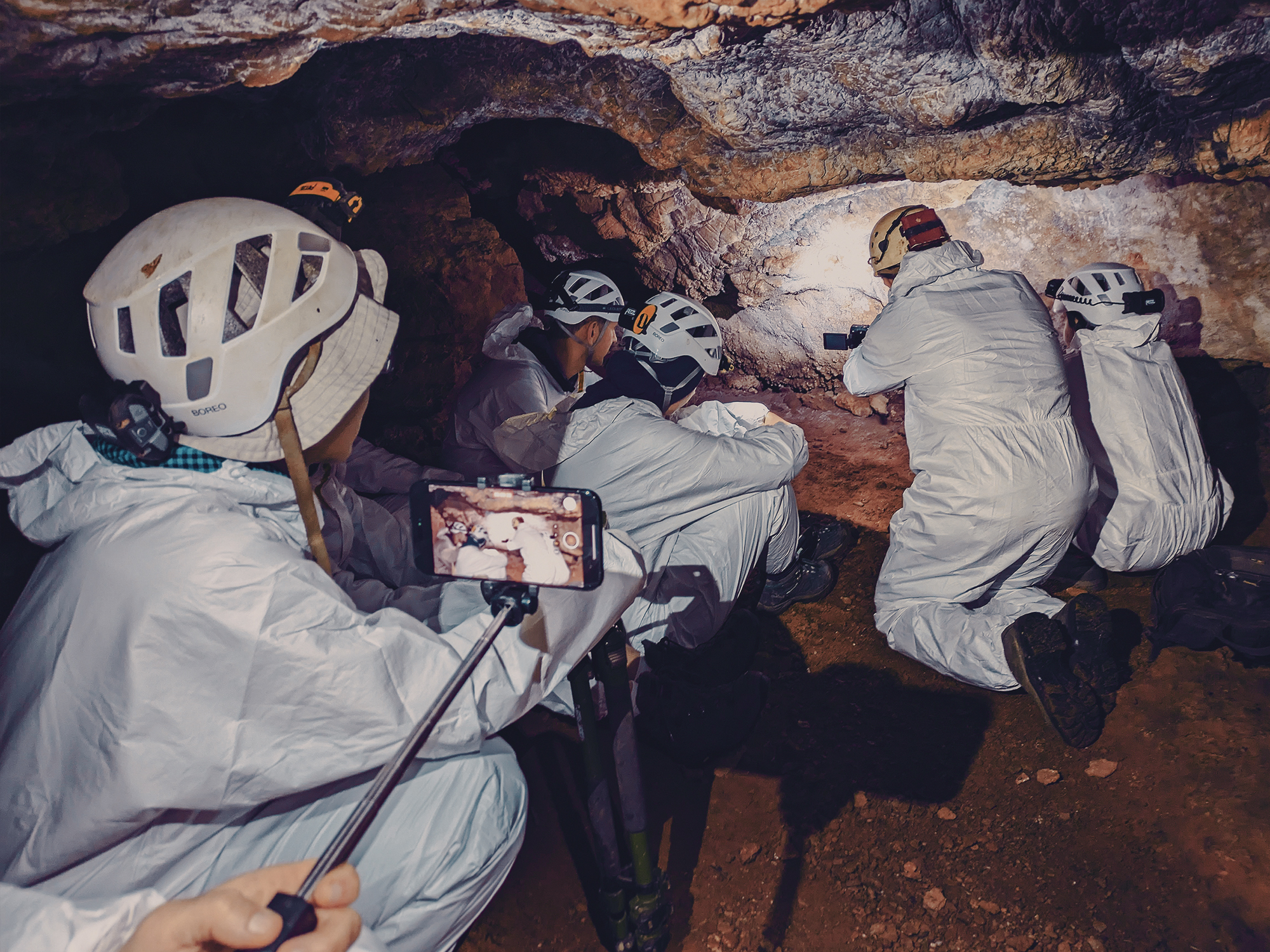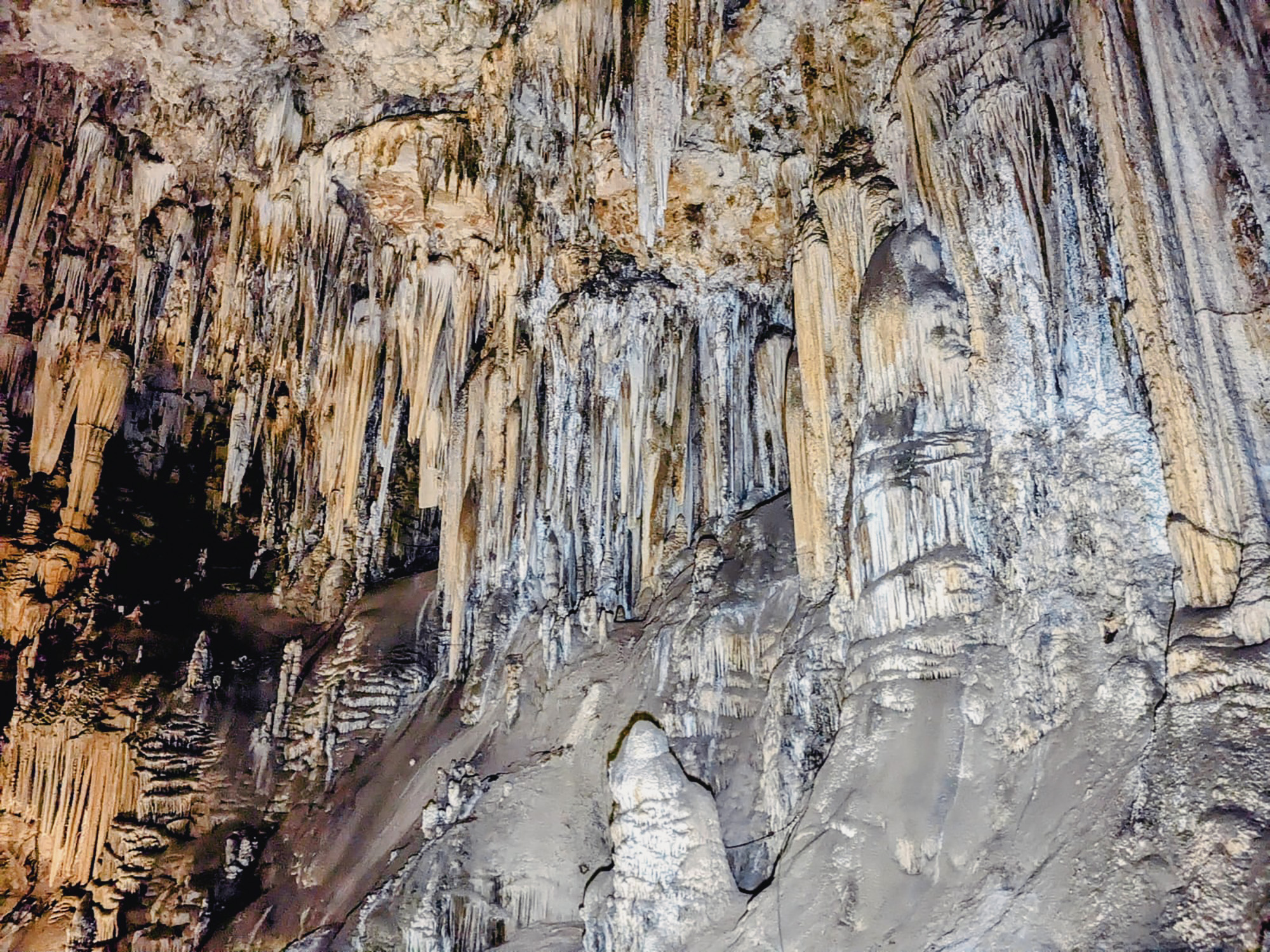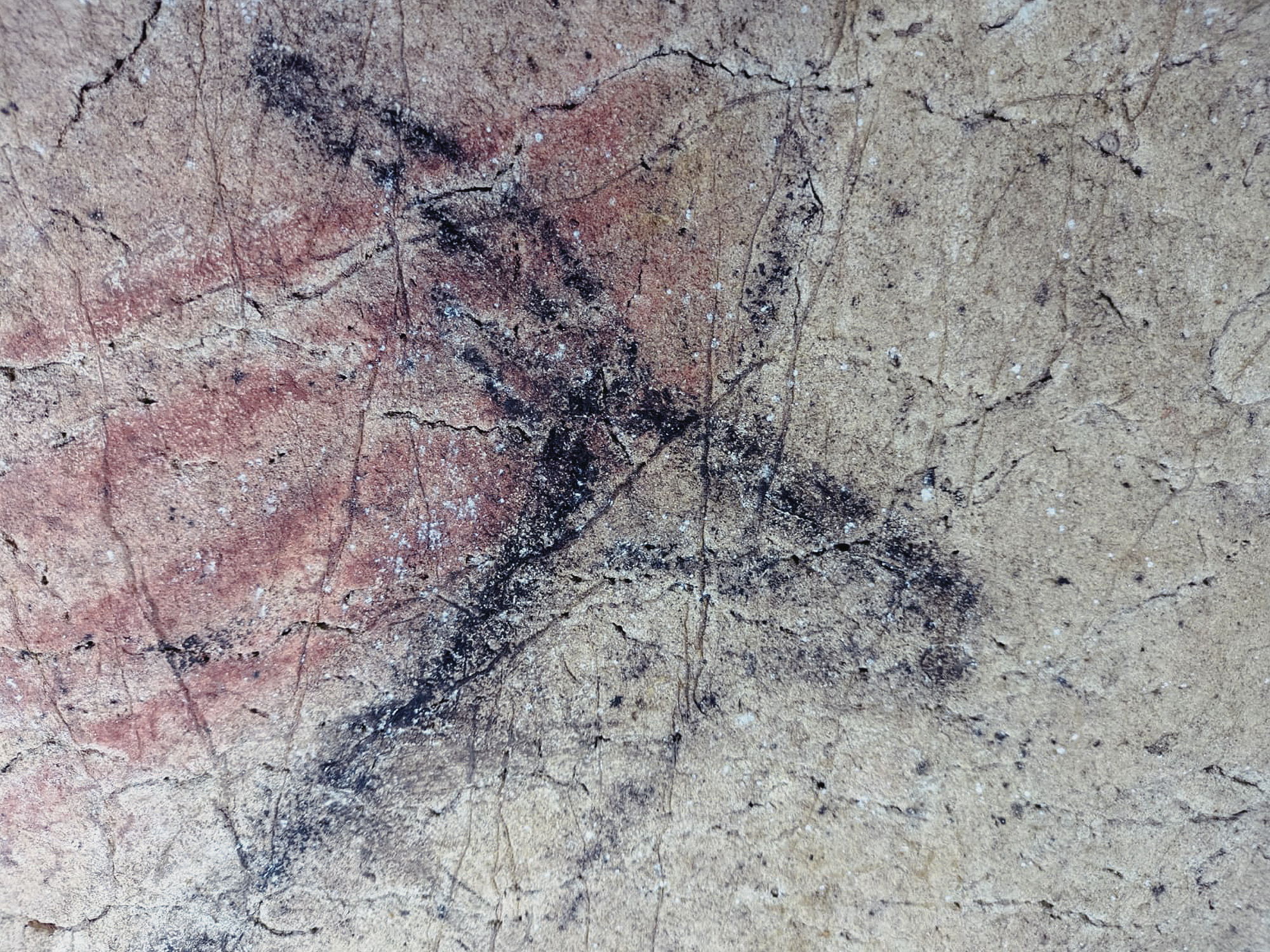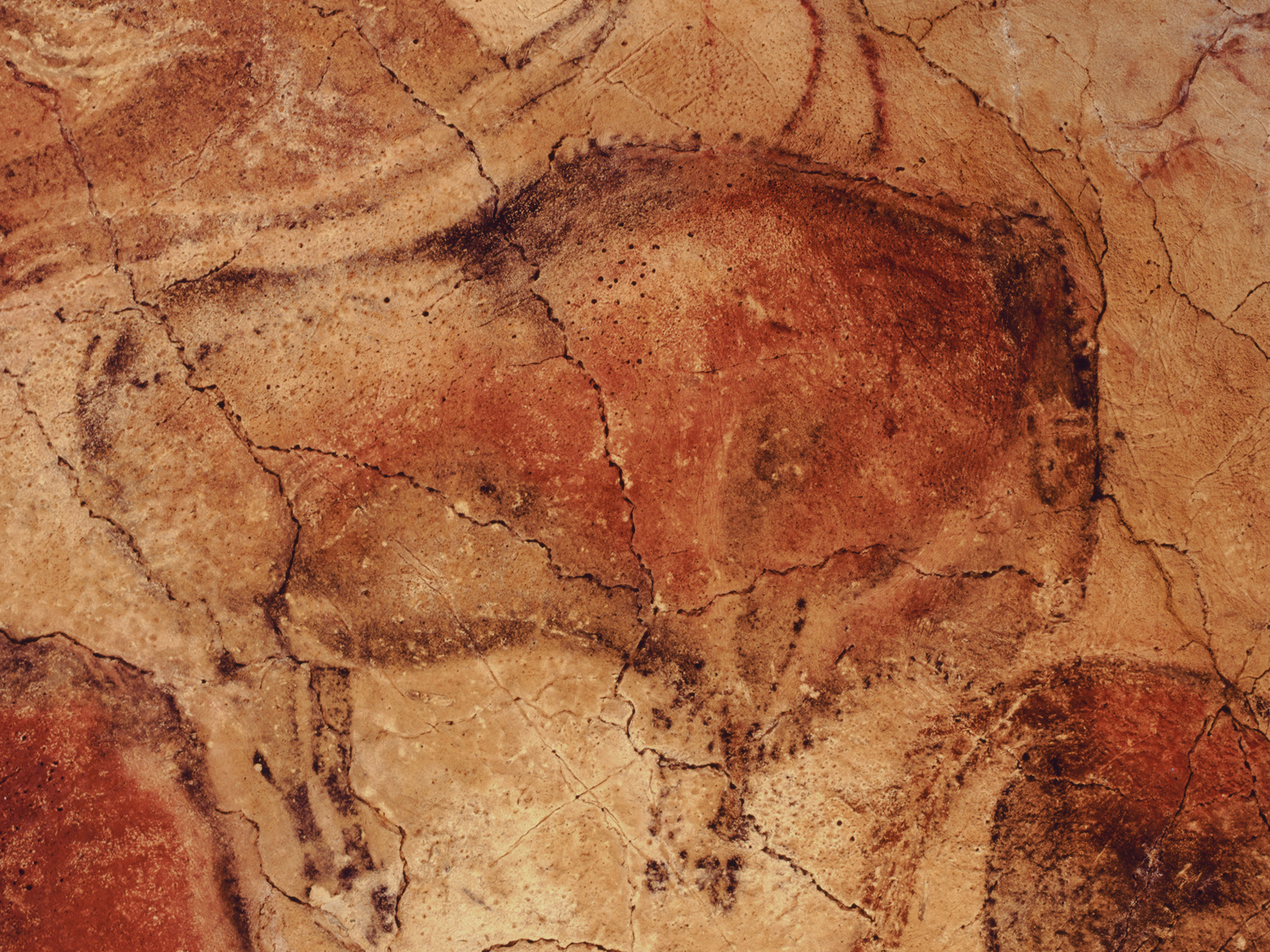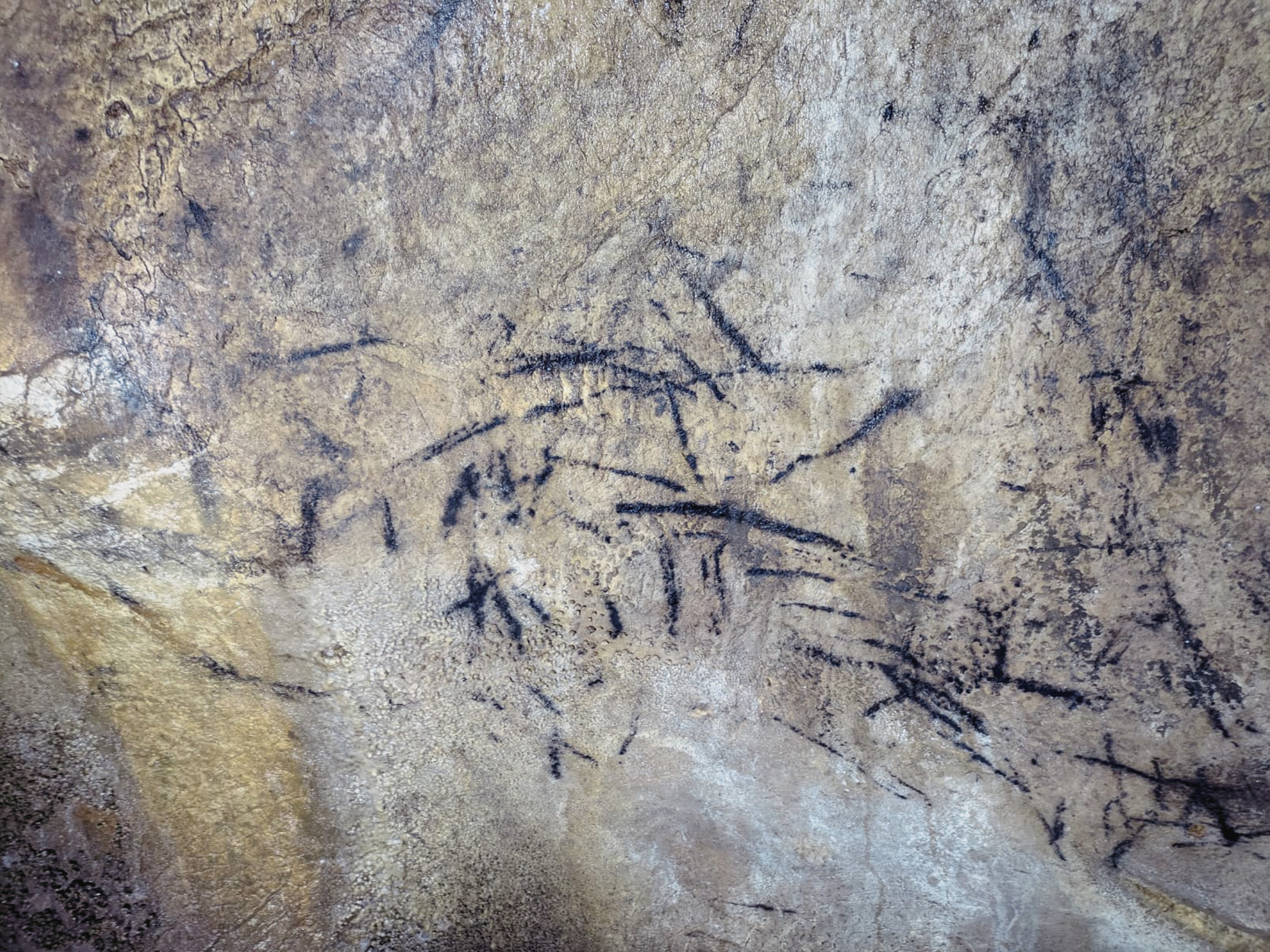
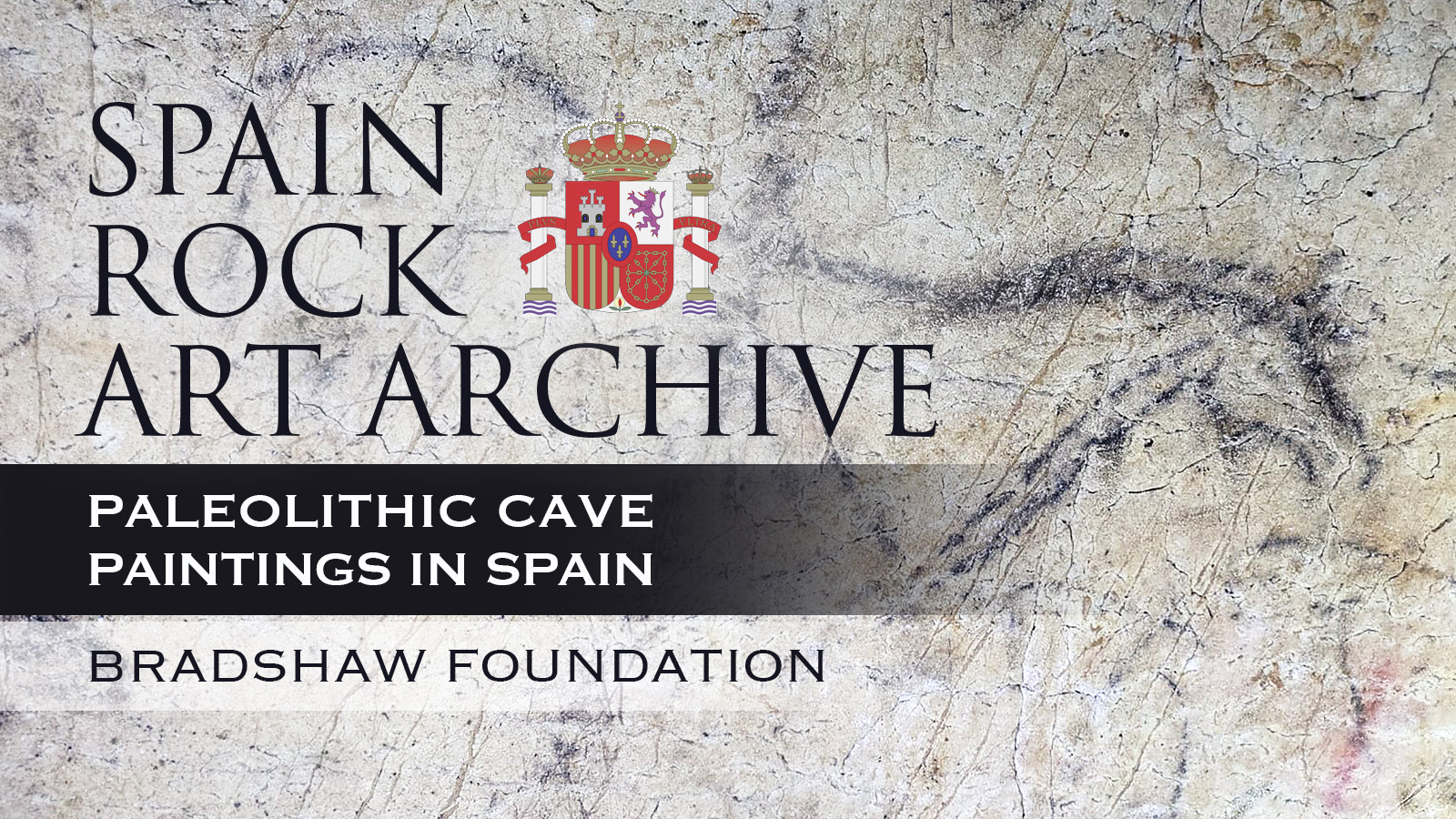
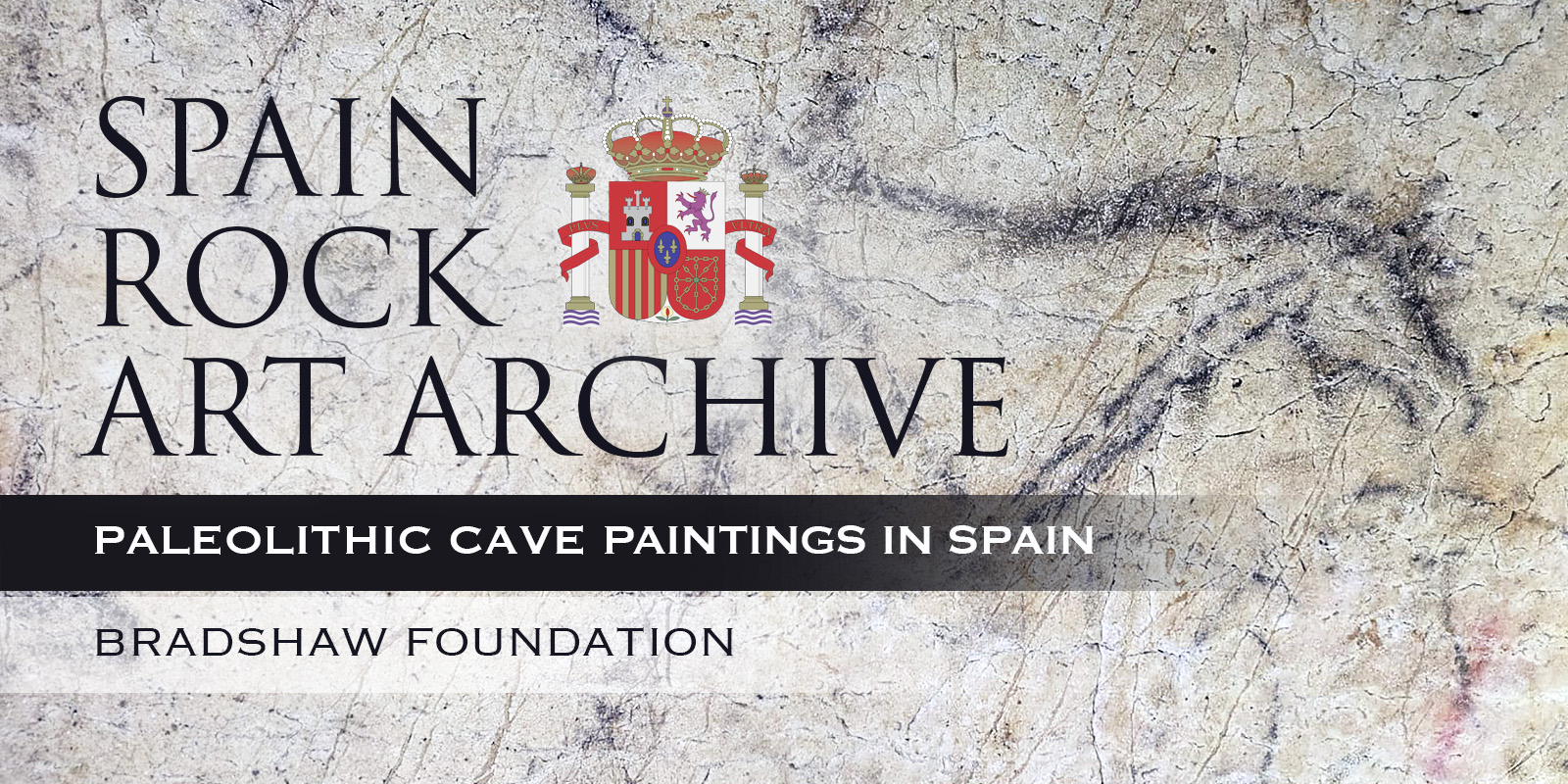
Rock Art & Cave Paintings of Spain
Introduction
George Nash - Bradshaw Foundation
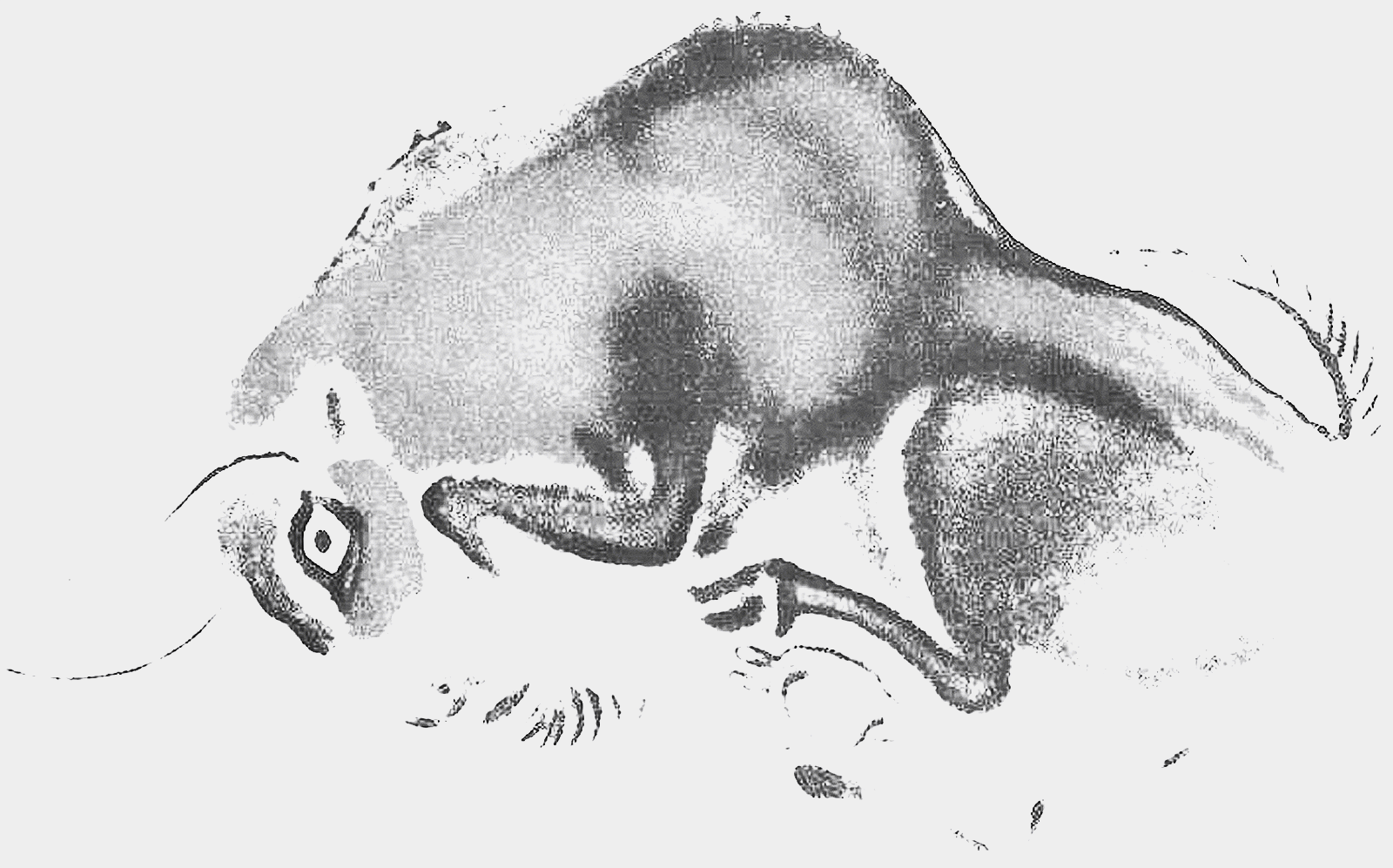
It was not until 1902 that the systematic study and verification of Palaeolithic rock art truly began, driven by a dedicated group of researchers, including Henri Breuil, Hugo Obermaier, and Antonio Beltrán, among others. Throughout much of the 20th century, significant advancements were made in scientific recording methods and interpretations, with pivotal discoveries such as Altamira, Cueva de la Pileta, Cueva del Nerja, and Cueva de Maltravieso. These findings have substantially enhanced our understanding of prehistoric art and culture.
Over the course of the 20th century, the work of committed researchers and fieldworkers in Portugal and Spain has provided a robust foundation of data, enabling a new generation of archaeologists to unlock some of artistic Europe’s long-held secrets. This new breed of archaeologists has incorporated innovative technological and scientific methodologies. These approaches have provided a solid framework for interpreting the meaning behind the science. Techniques such as geochemistry, photogrammetry, and advanced dating methods are challenging previously held notions regarding the compartmentalisation of artistic styles and the question of who created the earliest art. Emerging evidence from DNA analysis and dating techniques suggests that Neanderthal artists also employed visual means of expression, particularly through the use of geometric patterns painted on cave walls. It is crucial to note that the simpler the design, the greater the complexity that often lies behind it.
What does the future hold? At present, a small but growing number of archaeologists, palaeoenvironmental researchers, and scientists are extending the temporal boundaries of rock art and, more importantly, reassessing its creators. The artistic achievements once attributed to early humans, as understood just thirty years ago, no longer align with current scientific evidence.
The First-Art Team, established in 2019 and made up of an international team of specialists, has been conducting essential fieldwork within textbook cave sites across various countries of the world, and most recently in Altamira—the site of the world's first verifiable rock art discovery. Based on the various advancement in scient and archaeology, the Bradshaw Foundation eagerly anticipates reporting on the evolution of our ancient ancestors and their evolutionary cousins.
Rock Art Links

